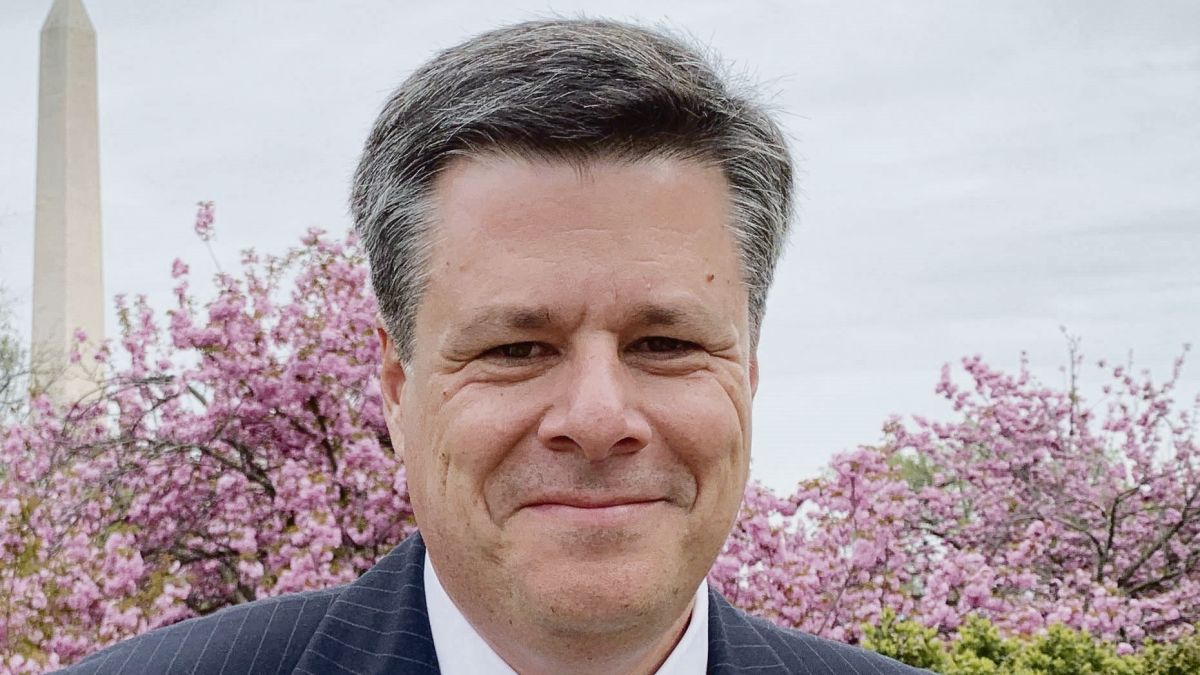Federico Ovejero, who until 5 months ago was the vice president of General Motorsparticipates in the industrial meetings of the Argentine Industrial Union (UIA) for more than a decade. He spent his last 7 years in the automotive sector, but before that he was at Unilever, McDonald’s, Monsanto and WalMart.
But at this annual UIA Convention his presence did not go unnoticed: his name is the one that sounds the loudest to occupy the Secretary of Industry. “I want to introduce you to people,” “Let’s go get a coffee,” the businessmen commented to him when they passed him in the hallways of the Buenos Aires Convention Center. “Give me a couple of weeks for everything to settle in,” he replied.
Although Ovejero participated in the transition meeting with the current Secretary of Industry, José Ignacio de Mendiguren, is responsible for clarifying that he is not confirmed for any position. A few days ago he told the businessmen that before defining, he wanted to know who was going to be the Minister of Economy.
Embed – 29th UIA Conference under the motto “There is industry, there is a future”
But now that Luis Caputo was confirmed to head the Palacio de Hacienda, he assures that he must first join forces. No businessman is very clear about what the industrial policy of La Libertad Avanza will be in general, or What view does Caputo have on the subject? in particular. “Before accepting a job, you want to know who your boss is and what he or she thinks,” said a person close to Ovejero.
In dialogue with Ambit, Ovejero stated: “I am not an official, today I am working in the LLA industry team, to put together an industrial team and a plan.” Asked about what industrial policy should be like, he explained that there will be three focuses: tax, logistics, labor. In terms of simplification, he anticipated that they will eliminate the SIRA and SIRASE import system.
“We must work on simplifying and deregulating, removing obstacles for companies so they can operate. Especially for SMEs, which with few people have to juggle to overcome regulations. With the changes, everyone will benefit, but especially the girls,” Ovejero said.
In addition, he anticipated that they are working on measures to lower the tax burden and “modernize” the labor scheme, “so that it is attractive for a company to employ more people.” Another issue that they will seek to focus on is logistics: “There is a big problem when you leave Buenos Aires, which is the costs, we have to lower them if we want to develop the NOA, the NEA or southern Argentina, there is a lot to work on in infrastructure.”
Asked about the commercial opening, and the advance payment of the future chancellor, Diana Mondinowho told industrialists that non-automatic import licenses “are going to disappear,” Ovejero considered: “As the president-elect already said, We are not going to commit industrialicide. Trade will be freed up as these changes take place. Changes are not made overnight. And in the meantime, work to help preserve the sources of work and the working capital of companies. The case of an SME is not the same as a large company, or an automotive company is not the same as a textile company.”
Regarding the main concerns that the industrialists brought to him, he said: “The common concern today is access to the dollar to be able to import to produce. There are companies that are on the verge of having to stop because they do not have supplies, they cannot pay for them or because outside suppliers do not trust them and do not want to send them.” Access to imports today is considered “the urgency”, to then advance in the three structural changes.
Of the definitions provided by the LLA envoys to the event (Mondino and Guillermo Francos, next Minister of the Interior), those that generate the greatest concern are that the opening “don’t be smart.” Mondino’s phrase about eliminating all non-automatic restrictions was heard with great concern, and there is fear about the antidumping measures “that all countries have.” They are also not clear about the mechanism that will be used to resolve the mass of commercial debt. Given these concerns that led to Ovejero, the executive responded to the industrialists, as Ámbito reconstructed: “Do not take everything too restrictive, because before doing anything we are going to see what we find and what margin there is.”
Source: Ambito




